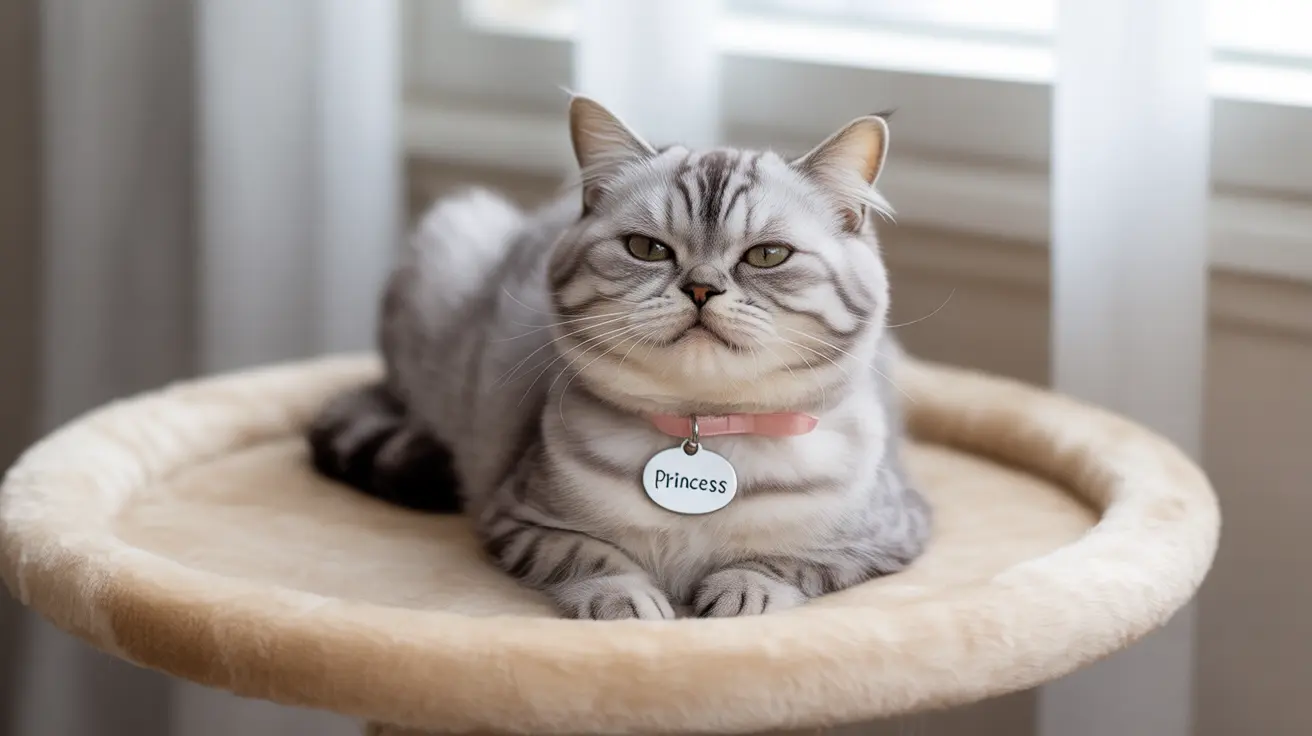When it comes to internet-famous cats, none captured hearts quite like Grumpy Cat. While her perpetually disgruntled expression made her a global sensation, many people still wonder about Grumpy Cat's breed and what made her look so uniquely "grumpy."
Despite widespread speculation, Grumpy Cat – whose real name was Tardar Sauce – wasn't actually a specific breed at all. Let's dive into the fascinating story behind this remarkable feline's genetics and appearance.
The Real Story Behind Grumpy Cat's Breed
Contrary to popular belief, Grumpy Cat was actually a domestic shorthair cat, born to two ordinary house cats – a calico mother and a blue-and-white tabby father. Her distinctive appearance wasn't the result of belonging to any particular breed, but rather a combination of genetic factors including feline dwarfism and an underbite.
These genetic variations created her signature features:
- Permanently downturned mouth
- Large, expressive eyes
- Slightly shortened legs
- Compact facial structure
- Small, undersized frame
Understanding Grumpy Cat's Unique Genetics
The genetic condition that gave Grumpy Cat her famous look was a form of feline dwarfism. This condition affected her growth and development, resulting in her compact size and distinctive facial features. The combination of dwarfism with an underbite created that perpetually "grumpy" expression that made her an internet sensation.
While some speculated about Persian or Snowshoe ancestry, veterinary records confirmed she was simply a domestic shorthair with unique genetic mutations. This made her one-of-a-kind rather than representative of any specific breed.
Living with Genetic Differences
Despite her unusual appearance, Grumpy Cat lived a healthy and happy life. Her condition didn't significantly impact her quality of life, though she did have some mobility differences in her hind legs. Her family reported that she was actually quite playful and affectionate, contrary to her stern expression.
Grumpy Cat's story teaches us that genetic differences don't define a cat's personality or ability to live a full life. She became an ambassador for accepting and celebrating unique characteristics in our pets.
Legacy and Impact
Grumpy Cat's rise to fame changed how we view cats with unusual appearances. Her success helped promote acceptance of cats with different looks and genetic conditions, showing that these differences can be endearing rather than concerning.
Her legacy continues to influence how people perceive cats with unique features, often leading to increased adoption rates for cats that might look a little different from the norm.
Frequently Asked Questions
What makes a cat appear grumpy, and does it affect their behavior?
A cat's grumpy appearance can be caused by facial structure, genetic conditions like dwarfism, or dental issues such as an underbite. However, these physical traits typically don't affect a cat's personality or behavior. Just like Grumpy Cat herself, cats with "grumpy" faces can be quite sweet and affectionate.
How can I care for a cat with physical features similar to Grumpy Cat's?
Cats with dwarfism or similar genetic conditions may need special consideration for mobility issues and regular veterinary check-ups. Ensure they maintain a healthy weight, have easily accessible litter boxes and feeding stations, and receive appropriate exercise for their ability level.
Are there specific cat breeds known for their grumpy appearance?
Some breeds, like Persians and Exotic Shorthairs, naturally have facial features that can appear grumpy due to their flat faces and round eyes. However, true "grumpy" expressions like Grumpy Cat's are usually the result of unique genetic variations rather than breed characteristics.
Can domestic shorthair cats sometimes have grumpy features like Grumpy Cat?
Yes, domestic shorthair cats can occasionally have unique facial features due to genetic variations or conditions. These traits are random occurrences rather than breed-specific characteristics, making each cat unique.
How did Grumpy Cat's fame affect the perception of grumpy-looking cats as pets?
Grumpy Cat's popularity helped normalize and celebrate cats with unique appearances. This led to increased interest in adopting cats with unusual features and helped people understand that a cat's appearance doesn't determine its personality or worth as a pet.






